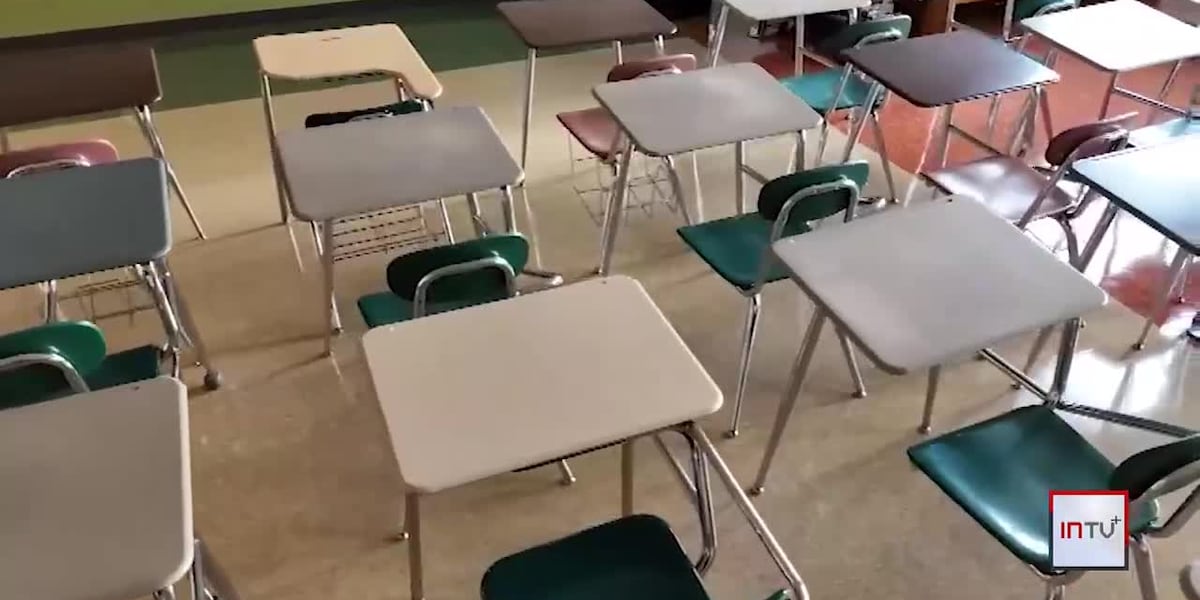Breaking: Local Schools and Mental Health Experts Unite to Shield Classrooms from Crisis

Facing a Growing Crisis: How One School District Transformed Student Behavior Through Innovative Mental Health Support
When repeated incidents of student-related teacher injuries threatened the safety and well-being of educators, school district leaders knew they needed a radical approach. Instead of traditional disciplinary methods, they pioneered a groundbreaking program that bridges the gap between education and mental health treatment.
Recognizing that disruptive behaviors often stem from underlying emotional challenges, the district implemented a comprehensive strategy that focuses on understanding and supporting students' psychological needs. By integrating mental health professionals directly into the educational environment, they created a holistic support system designed to address the root causes of student aggression and classroom disruption.
The innovative program not only aims to protect teachers but also to provide students with the tools and resources they need to manage their emotions, develop healthy coping mechanisms, and create a more positive learning environment for everyone involved.
Early results have been promising, with significant reductions in classroom incidents and improved student-teacher relationships, demonstrating the potential of a compassionate, proactive approach to school safety and student well-being.
